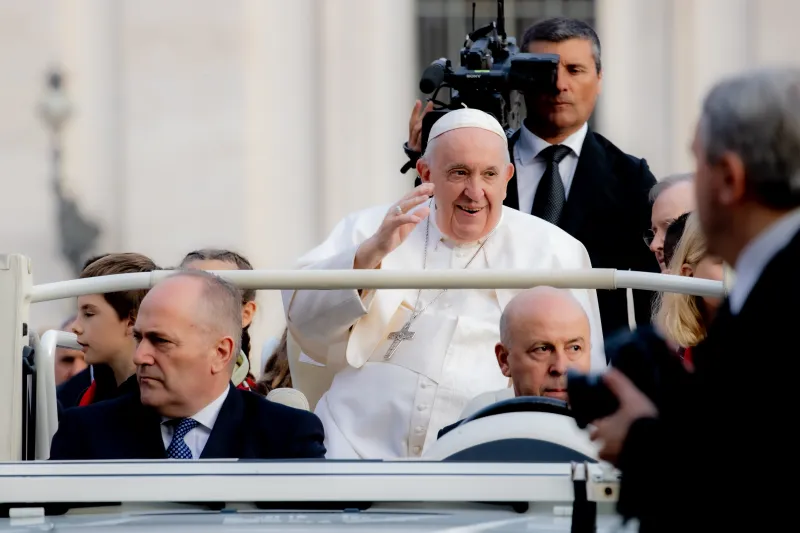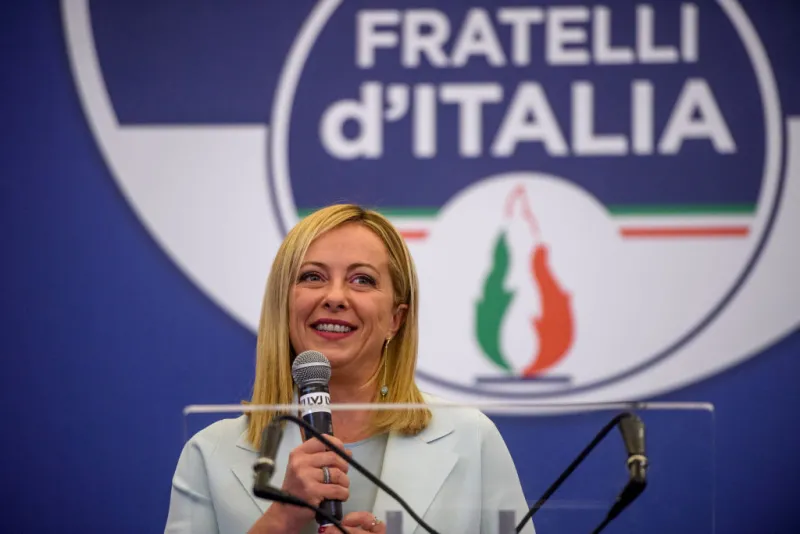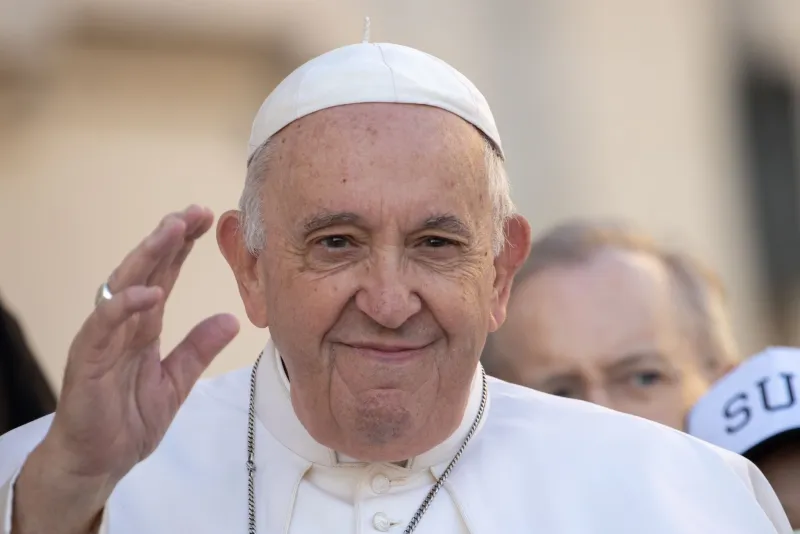 Pope Francis arriving for the general audience on St. Peter’s Square, Oct. 26, 2022 / Daniel Ibáñez / CNA
Pope Francis arriving for the general audience on St. Peter’s Square, Oct. 26, 2022 / Daniel Ibáñez / CNA
Rome Newsroom, Oct 26, 2022 / 04:02 am (CNA).
Pope Francis explained on Wednesday how times of spiritual desolation — described by St. Ignatius of Loyola as feelings of unquiet, temptation, sadness — can also help bring us closer to God.
“No one wants to be desolate, sad. We would all like a life that is always joyful, cheerful and fulfilled. Yet this, besides not being possible — because it is not possible — would not be good for us either,” the pope said during the general audience on Oct. 26.
In fact, he added, feelings of sadness or remorse can be the impetus for turning away from a life of vice.
Pope Francis continued his lessons on discernment with a reflection on spiritual desolation at his weekly gathering with the public in St. Peter’s Square.
Quoting from St. Ignatius of Loyola’s spiritual exercises, he said desolation is defined as: “Darkness of soul, disturbance in it, movement to things low and earthly, the unquiet of different agitations and temptations, moving to want of confidence, without hope, without love, when the soul finds itself all lazy, tepid, sad and as if separated from its Creator and Lord.”
He said one thing to know about desolation is that it is an invitation to self-reflection.
“It is important to learn how to read sadness,” Francis said. “We all know what sadness is: everyone. But do we know how to read it? Do we know what it means for me, this sadness of today?”
“In our time, [sadness] is mostly considered negatively, as an ill to avoid at all costs, and instead it can be an indispensable alarm bell for life, inviting us to explore richer and more fertile landscapes that transience and escapism do not permit,” he added.
The pope also pointed to St. Thomas Aquinas’ definition of sadness in the Summa Theologica as a “pain of the soul: like the nerves for the body, it redirects our attention to a possible danger, or a disregarded benefit.”
He compared the feelings to a red traffic light warning us to stop.
Pope Francis said we should also be aware of how the devil may try to use feelings of sadness or desolation to tempt us away from intentions to live with virtue.
“For those, on the other hand, who have the desire to do good, sadness is an obstacle with which the tempter tries to discourage us,” he explained.
“Think of work, study, prayer, a commitment undertaken: if we abandoned them as soon as we felt boredom or sadness, we would never complete anything,” he continued. “This is also an experience common to the spiritual life: the road to goodness, the Gospel reminds us, is narrow and uphill, it requires combat, self-conquest.”
He described a common experience: “I begin to pray, or dedicate myself to a good work, and strangely enough, just then things come to mind that need to be done urgently.”
“It is important, for those who want to serve the Lord, not to be led astray by desolation,” he warned, encouraging people to first pause and consider their state of mind before taking any drastic decisions.
“A wise rule says not to make changes when you are desolate,” he said without the help of a good spiritual guide.
The pope concluded by paraphrasing the encouraging words of St. Paul, who wrote in 1 Corinthians 10:13, that no one will be tempted beyond his or her ability, because the Lord never abandons us, and with him near, we can overcome every temptation.
And if we do not succeed today, he said, let us rise up and try again tomorrow.
[…]






